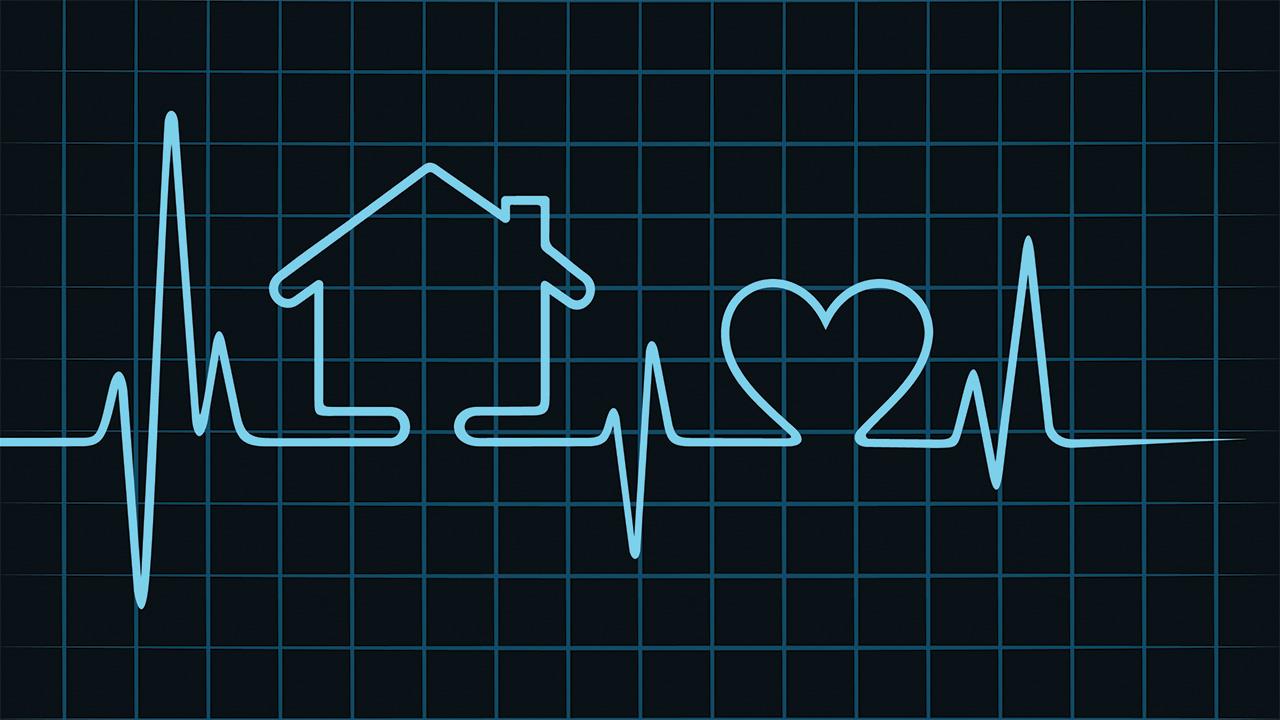

Kevin Wellman, Chief Executive at the Chartered Institute of Plumbing and Heating Engineering, explains why it’s important for installers to help their customers understand the benefits of taking a preventative, rather than reactive, approach to system care.
Unfortunately, carbon monoxide poisoning, legionella, and scalding cases still happen far too regularly in the UK, and often as a result of unsafe or poorly maintained plumbing and heating systems and appliances. With regular servicing of systems, however, many of these incidences could be avoided. Not only this, households could extend the life of appliances and avoid costly whole system replacements, as well as enjoy more efficient heating and hot water.
With much at stake in terms of public health, system effectiveness, and energy consumption, more needs to be done to increase consumer awareness of the need for regular servicing of all plumbing and heating systems.
To help bring homes up to the best efficiency and safety standards, the below aspects of each home should be discussed with the homeowner, landlord, or property manager.
Water safety
For homes that rely on stored hot water, it is important to regularly check the water safety. The correct temperature must always be maintained to ensure it is free of contaminants. Various problems can occur if water safety isn’t taken seriously, including the risk of dangerous legionella bacteria, which can form in stored water not regularly subjected to a temperature of 60°C.
At the other end of the scale, water that is too hot is a risk of scalding, especially in the very young and old. Recommend the fitting of thermostatic temperature valves to water outlets in homes to protect your customers from the risks of scalding.
Installers could also find that the current hot water cylinder is not meeting the household’s hot water demand. Understanding your customer’s usage volume and patterns is a critical part of the job and, if they are regularly running out of hot water, have a conversation about replacing the hot water cylinder with a larger capacity model.
Heating
Heating appliances usually need regular servicing to maintain the manufacturer warranty, but it is important to be aware that a serviced appliance is still heavily dependent upon the wider system for its effectiveness.
A full system health check will, in the long run, save time and money too by extending the life of appliances connected to it and distributing heat in a more cost-effective way.
Controls
Encouraging the installation and upkeep of home heating controls is an ongoing priority for the Chartered Institute of Plumbing and Heating Engineering (CIPHE). Not only to save consumers from over-spending on energy bills, but to also improve energy efficiencies by limiting the CO2 outputs that our energy produces. Regular checks will ensure that all controls are working efficiently and can be updated to offer the best energy saving and monitoring options.
Hot and cold water services
Maintaining efficient hot and cold water systems is important to prevent unwanted heat gains into potable cold water and ensure that water systems do not freeze in colder weather by checking the pipe insulation is sufficient. The elderly will be at particular risk of pneumonia and other illnesses in the winter, so it is essential that steps are taken to prevent system failures as a result of cold weather snaps.
Above and below ground drainage
Whether above or below ground drainage, all systems need regular maintenance to ensure that the pipework is still intact and the installation is correct and holding up as it should.
Things to check for include corrosion and that the right termination of waste pipe is present, as well as the correct sizing and installation of the pipework is double checked.
Renewables
Households which have renewable energy heat sources, such as heat pumps and solar thermal powered systems, are not exempt from the need to have regular maintenance checks of their systems.
Communicating the benefits of renewable energy in general must remain a part of the conversation, especially as the UK has committed to achieving net-zero emissions and low carbon technology is expected to grow in the coming years.
A whole system health check offers safety assurance, monetary savings, and improved efficiency, which is why the CIPHE will continue to promote the need for regular servicing to protect both the public and the reputation of our industry as a whole. Make sure to do your part and raise awareness of the checks that need to take place during your next new installation or maintenance call out. A simple discussion like this could make a world of difference to the finances, health, and wellbeing of your customers.
If you'd like to keep up-to-date with the latest developments in the heating and plumbing industry, why not subscribe to our weekly newsletters? Just click the button below and you can ensure all the latest industry news and new product information lands in your inbox every week.